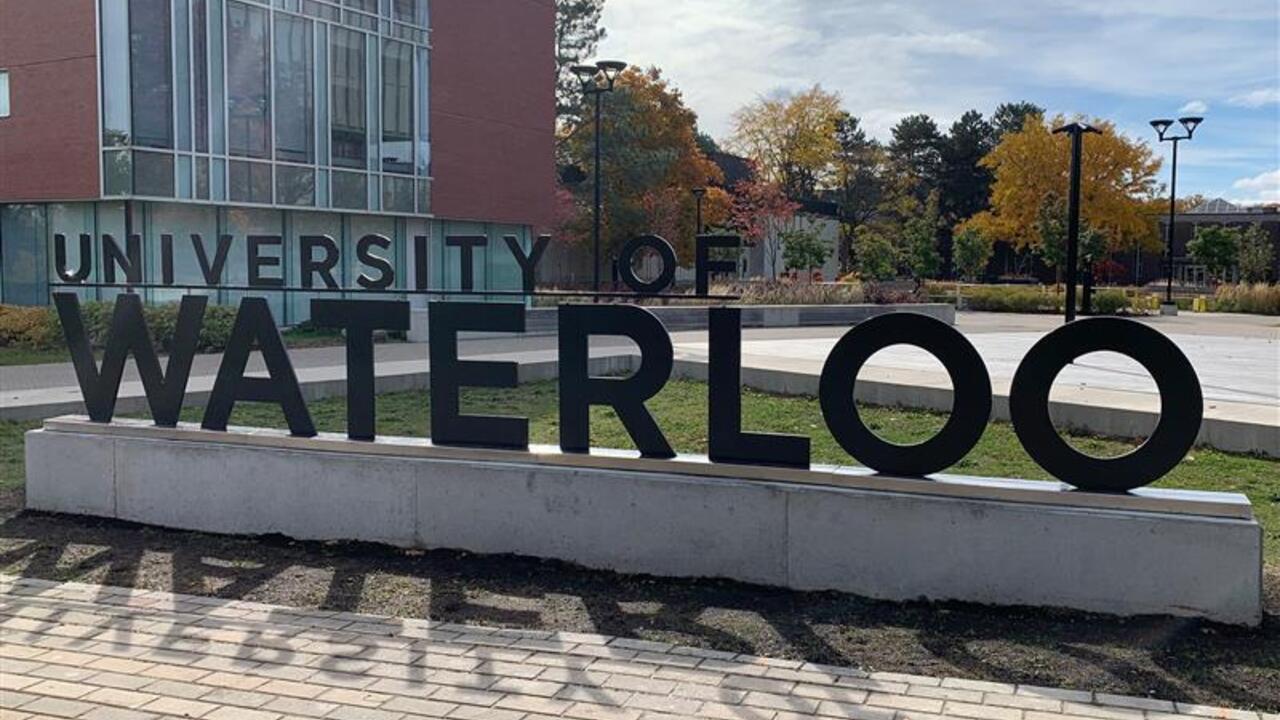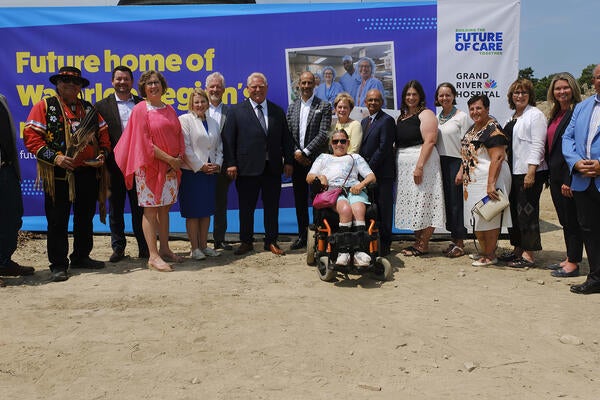
Digital archive of political parties digs deep for Election 2015
If you ever suspected Canadian politicians flip-flopped on a specific issue, or wondered where they stand on another, a new online tool will help you easily find out for sure

If you ever suspected Canadian politicians flip-flopped on a specific issue, or wondered where they stand on another, a new online tool will help you easily find out for sure
By Media RelationsProfessor Ian Milligan at the University of Waterloo is charting the content of millions of archived political web pages spanning the last decade, allowing the public to compare what Canadian political leaders and pundits said in the past compared to now.
WebArchives.ca pulls from collections that the University of Toronto Library has been collecting for a decade. Professor Milligan and his research team at Waterloo, as well as project collaborators from York University and Western University made the data searchable and accessible, drawing on code that staff at the British Library developed.
“We’ve got access to a collection of 50 archived websites from political parties and interest groups, allowing you to search them back to 2005,” said Milligan, a professor in the Department of History at Waterloo. “It means, for example, that anyone can find out what parties and groups said about climate change or free trade in the 2008 or 2011 election, or at any point between elections.”
A search comparing depression against recession, for example, shows parties and groups such as the Canadian Centre for Policy Alternatives, the Green Party and the Council of Canadians tended to describe economic downturn as depression, whereas the New Democrats, the Liberals and the Conservatives more typically use the term recession.
"We can use these searches to quickly find the historical allegories that some made towards the Great Depression, and economic action plans to remedy the situation,” said Professor Milligan.
Users can quickly access previously public content that is now stored as big data in a digital archive. The website’s search tool produces millions of historical results that wouldn't turn up in a Google search because the pages are no longer live. It also provides sophisticated analysis functions.
“You can run keyword searches, such as finding out the context of a word — Alberta and oil for instance — as well as being able to trace the prevalence of cultural ideas over time,” said Milligan.
The tool can trace how often a term or phrase appears in each year of the collection’s 10-year range. It contains interactive graphs where users can click on any point in a graph line to open all the citations associated with a specific term at a specific date.
In order to compare and analyze shifting rhetoric and platform points, users can compare what one party has said over the past few years about topics ranging from global warming to public transit. The tool also tracks the change in language, such as tar sands becoming Canada’s Oil Sands.
The project is possible through funding from the Social Sciences and Humanities Research Council of Canada (SSHRC) Insight Development Grant and an Ontario Ministry of Research and Innovation’s Early Researcher Award.

Read more
Velocity pitch competition winners share exciting startup ideas using artificial intelligence and deep tech, showcasing creativity and entrepreneurial prowess

Read more
The new development will serve as a hub for health-care innovation, enhancing services through the merger of Grand River and St. Mary’s hospitals

Read more
Waterloo and AC launch the Global Impact Creator Program to develop sustainable solutions that tackle the world’s most critical issues
The University of Waterloo acknowledges that much of our work takes place on the traditional territory of the Neutral, Anishinaabeg, and Haudenosaunee peoples. Our main campus is situated on the Haldimand Tract, the land granted to the Six Nations that includes six miles on each side of the Grand River. Our active work toward reconciliation takes place across our campuses through research, learning, teaching, and community building, and is co-ordinated within the Office of Indigenous Relations.